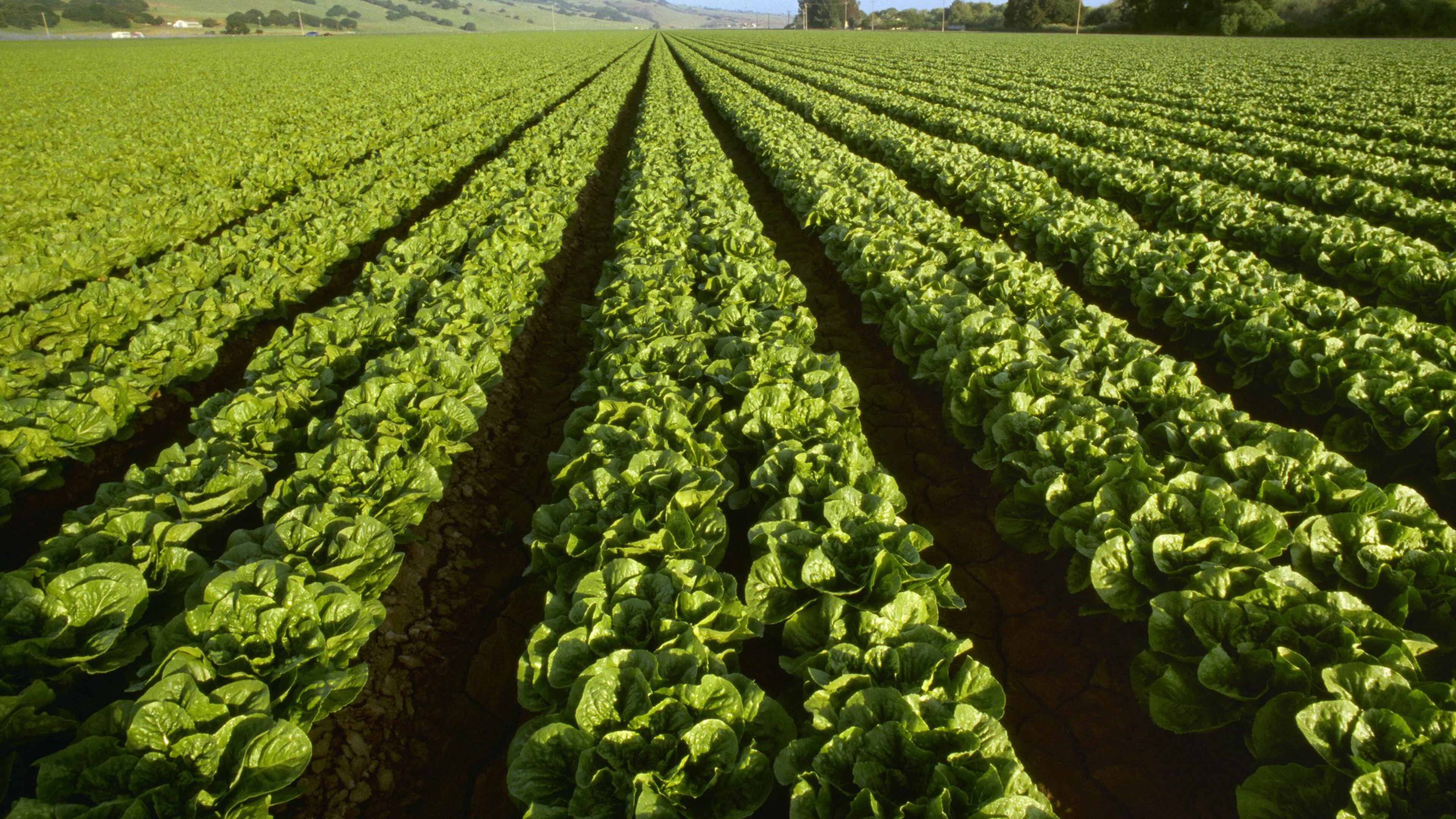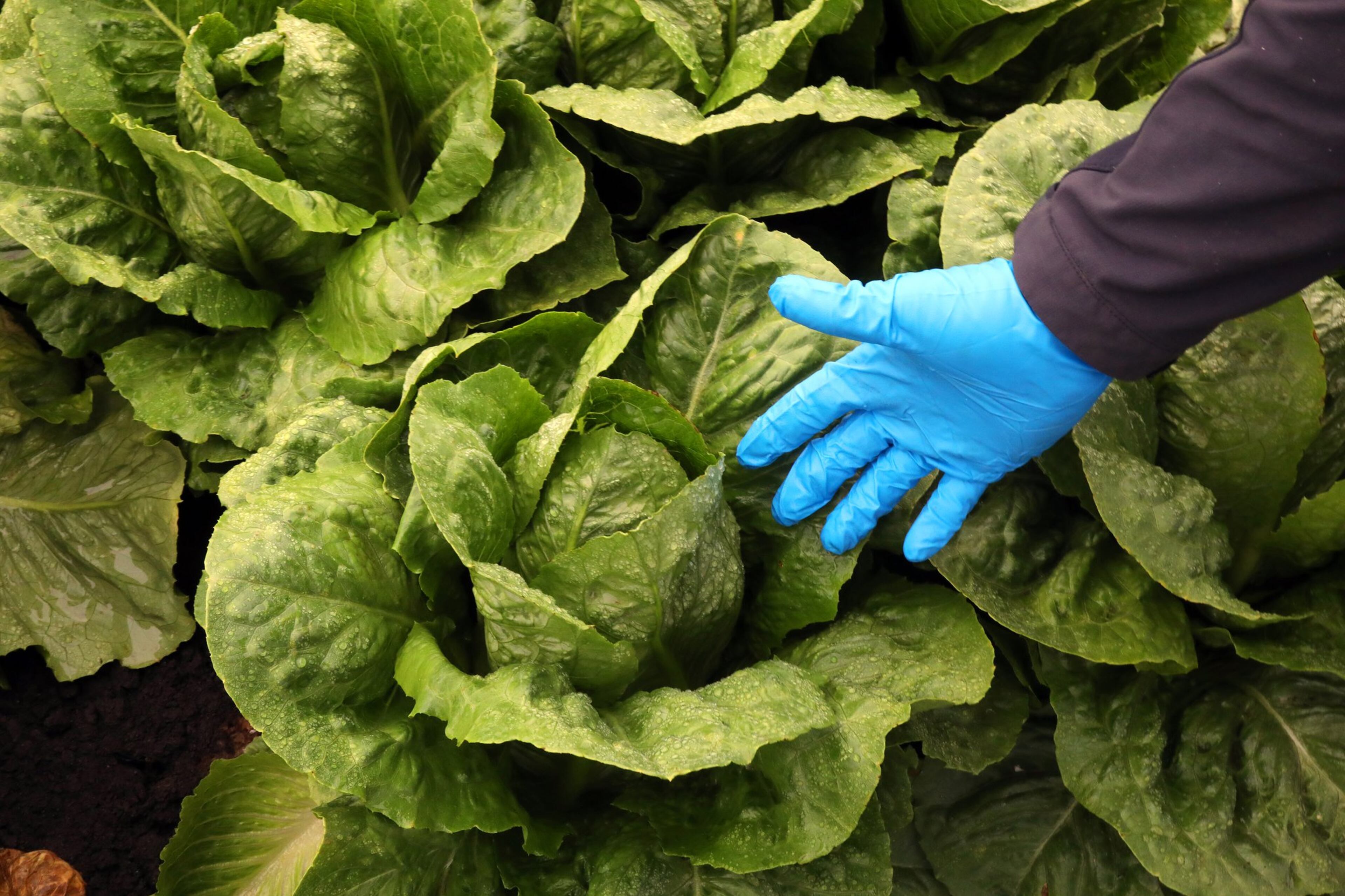Romaine lettuce E. coli outbreak officially over, says CDC

The E. coli outbreak in romaine lettuce that led to a dramatic pre-Thanksgiving warning to remove the vegetable from stores and refrigerators across the nation is now over, federal officials said late Wednesday.
The Centers for Disease Control and Prevention made the announcement a day after the Food and Drug Administration, which works with the CDC to identify food-borne outbreaks, revealed that the government shutdown has compromised the FDA’s ability to do inspections that might prevent outbreaks.
At least 62 people in the U.S. were sickened in the outbreak, 25 were hospitalized and two experienced kidney failure, though there were no reported deaths. Illnesses occurred in 16 states, including Georgia, where one person reported becoming ill.
People began getting sick during the first week of October. Reports continued for the next month, despite the CDC’s dire warning two days before Thanksgiving that the vegetable, whether bagged or loose leaf, should be thrown out. Initially, investigators could not figure out the specific region where the contaminated lettuce came from, so they advised against eating any of it.

By mid-December, investigators had identified Adam Brothers Family Farm in Santa Barbara County, California, as the source of the outbreak. Officials now say sediment in a water reservoir on the farm tested positive for the bacteria, and that it was the cause of the outbreak.
RELATED: In romaine E.coli outbreak, a winding path to its source
CDC officials said Thursday, however, that the government shutdown had nothing to do with the timing of their declaration that the outbreak was over. FDA officials said this week that the shutdown is affecting food inspections and that the shutdown is placing the safety of the nation's food supply at risk.
In an email statement, the CDC said it considered the outbreak over because the contaminated romaine shouldn’t be on shelves or in warehouses anymore and there haven’t been new reports of illness since Dec. 4.
More Stories
The Latest


